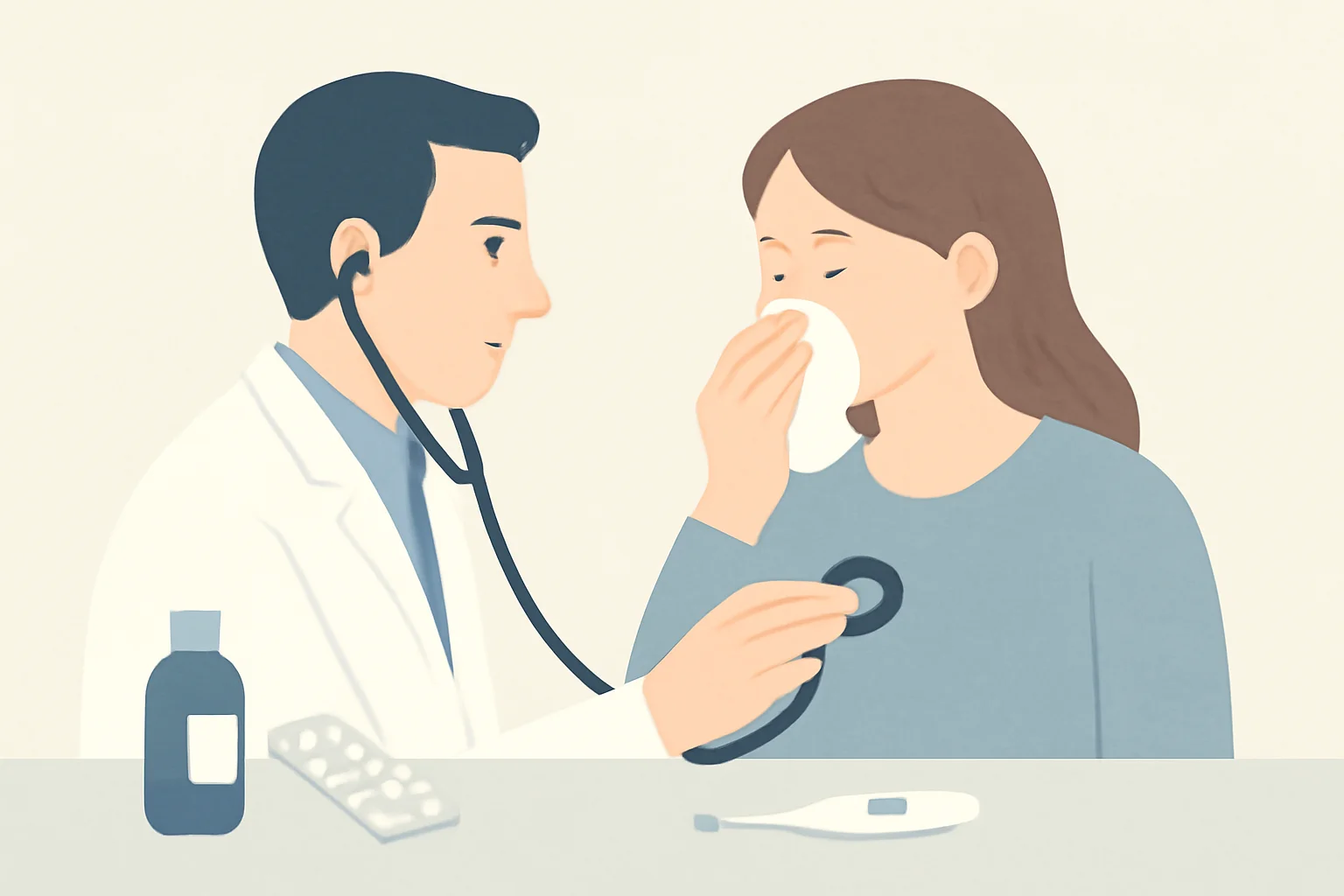
Flu or Cold? Recognize the Differences and Symptoms!
With the arrival of the cold months, many people experience the characteristic symptoms of colds and influenza. These illnesses are often confused with each other, as their symptoms show many similarities. A cold is a viral infection that primarily affects the respiratory system and usually has a mild course, while influenza is a more serious viral infection that can cause more severe symptoms. Making the correct diagnosis is crucial not only for the affected individual but also for the health of the community, as influenza can spread easily and lead to serious complications.
It is important to be aware of the differences between the two diseases, as while a cold can generally be treated at home, influenza may require medical intervention. Below, we will detail the characteristics of colds and influenza, their symptoms, prevention options, and treatment methods. This can help us make more informed decisions regarding our health and that of our families.
Cold: Symptoms and Causes
A cold is a relatively mild respiratory illness caused by various viruses, most commonly rhinoviruses. The symptoms of a cold appear gradually and typically develop within 1-3 days. The most common symptoms include nasal congestion, sore throat, cough, sneezing, as well as headache and fatigue.
A cold usually does not come with a fever, or if it does, it is low-grade, showing values between 37-38 °C. The course of the illness generally lasts 7-10 days, but the symptoms gradually subside. The main sources of a cold are contact with infected individuals, respiratory secretions, and shared objects.
To prevent a cold, it is important to maintain good personal hygiene. Frequent handwashing, keeping a distance from infected individuals, and avoiding closed, poorly ventilated spaces can all help reduce the spread of viruses. Additionally, proper nutrition and the consumption of vitamin-rich foods can contribute to strengthening the immune system, thus reducing the likelihood of developing a cold.
Influenza: Symptoms and Complications
Influenza is a more serious viral illness caused by influenza viruses. The disease begins suddenly and is associated with much more severe symptoms than a cold. Typical influenza symptoms include high fever, muscle and joint pain, headache, sore throat, fatigue, and cough. The fever can rise to 39-40 °C, and the course of the illness can last 1-2 weeks.
The complications of influenza can pose serious risks, especially for individuals with weakened immune systems, the elderly, and those suffering from chronic illnesses. The most common complications include pneumonia, bronchitis, and otitis media. Influenza spreads easily, so outbreaks can occur rapidly, especially in closed communities.
To prevent influenza, the most important step is to get vaccinated against it. The vaccine is updated annually and helps reduce the risk of the disease. Additionally, adhering to hygiene rules, such as frequent handwashing and respiratory etiquette (for example, covering the mouth when sneezing or coughing), is also important. Due to the rapid spread of influenza, it is crucial for those affected to stay home if they experience symptoms of the illness.
Treatment Options: Cold and Influenza
The treatment of a cold is generally done with home remedies. Rest, consuming plenty of fluids, and proper nutrition are essential for recovery. Various medications are available for symptomatic treatment, such as pain relievers, nasal sprays, and cough suppressants. It is important to note that antibiotics are not effective against a cold, as it is a viral illness.
In the case of influenza, the treatment may differ slightly. Antiviral medications can be used to alleviate the course of the illness, especially if treatment is started in the early stages of the disease. Pain relievers are also recommended to reduce fever and alleviate pain. Since influenza can have a more severe course, it is important to consult a doctor if symptoms of the disease arise, especially if complications are suspected.
Prevention and proper treatment play a key role in avoiding colds and influenza. Strengthening the immune system, adhering to hygiene rules, and ensuring appropriate medical care can help us avoid more serious problems.
**Warning:** This article does not constitute medical advice. Please consult a doctor for any health issues.

